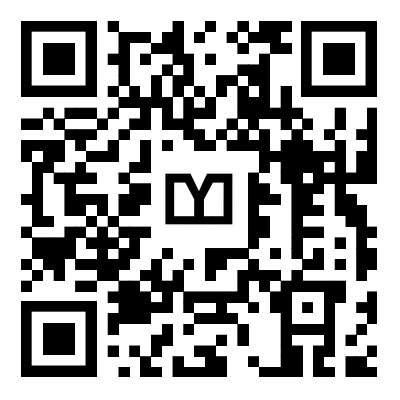What are the key benefits of using a multifunction energy meter in industrial?
2024-06-28
Using a multifunction energy meter in industrial settings offers several key benefits:

1. Accurate Measurement: Provides precise measurements of electrical parameters such as voltage, current, power, energy consumption, power factor, and frequency, ensuring accurate billing and monitoring.
2. Energy Monitoring and Management: Enables real-time monitoring of energy usage across different processes and equipment, helping to identify areas of high consumption and opportunities for efficiency improvements.
3. Power Quality Analysis: Detects power disturbances such as harmonics, voltage dips, and spikes, which can affect equipment performance and reliability. This helps in implementing corrective measures to maintain stable operations.
4. Cost Optimization: Allows for effective energy management strategies by tracking energy usage patterns and identifying peak demand times. This information helps in optimizing energy usage to reduce overall utility costs.
5. Remote Monitoring and Control: Many multifunction meters are equipped with communication interfaces (e.g., Modbus, Ethernet) for remote monitoring and control. This capability facilitates centralized monitoring of energy data and allows for timely response to anomalies or issues.
6. Compliance and Reporting: Helps businesses comply with regulatory requirements and standards by providing accurate energy usage data for reporting purposes. This ensures adherence to environmental regulations and sustainability goals.
7. Maintenance Planning: Facilitates proactive maintenance planning by monitoring equipment performance and detecting abnormalities early. This helps in preventing costly breakdowns and downtime.
8. Integration with Energy Management Systems: Integrates seamlessly with energy management systems (EMS) and building automation systems (BAS), enhancing overall facility management and control capabilities.
In summary, multifunction energy meters play a crucial role in industrial settings by providing comprehensive monitoring, analysis, and management of electrical parameters. They contribute to operational efficiency, cost savings, and sustainable practices by enabling informed decision-making and proactive energy management strategies.


